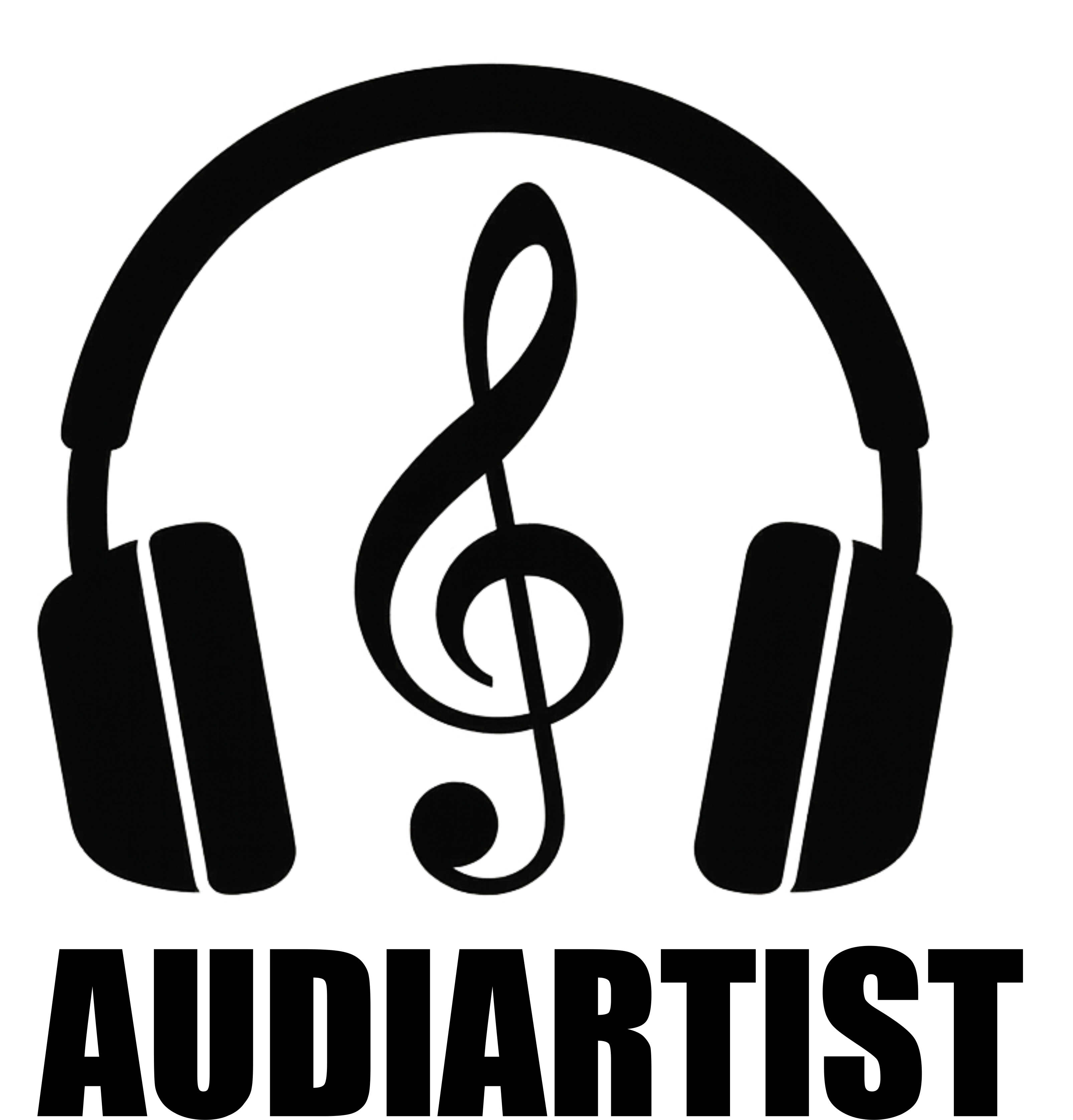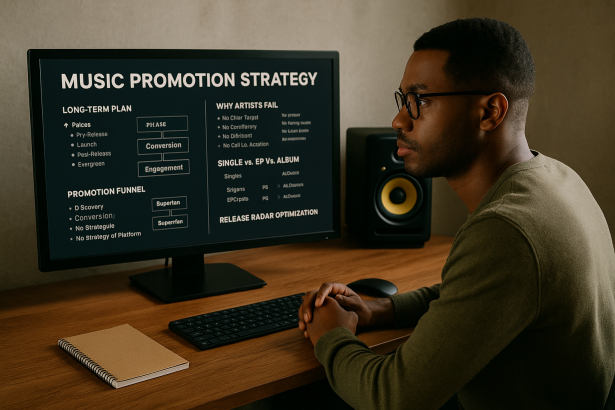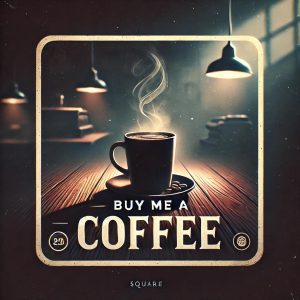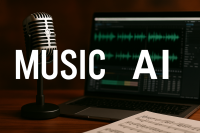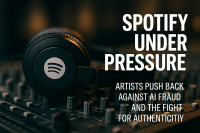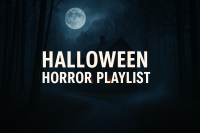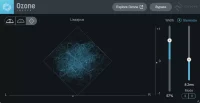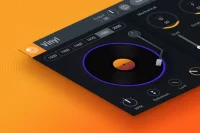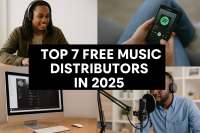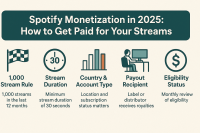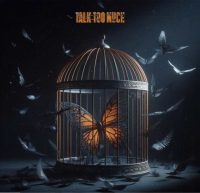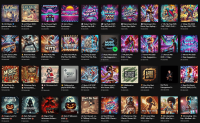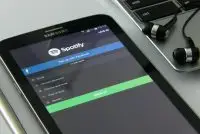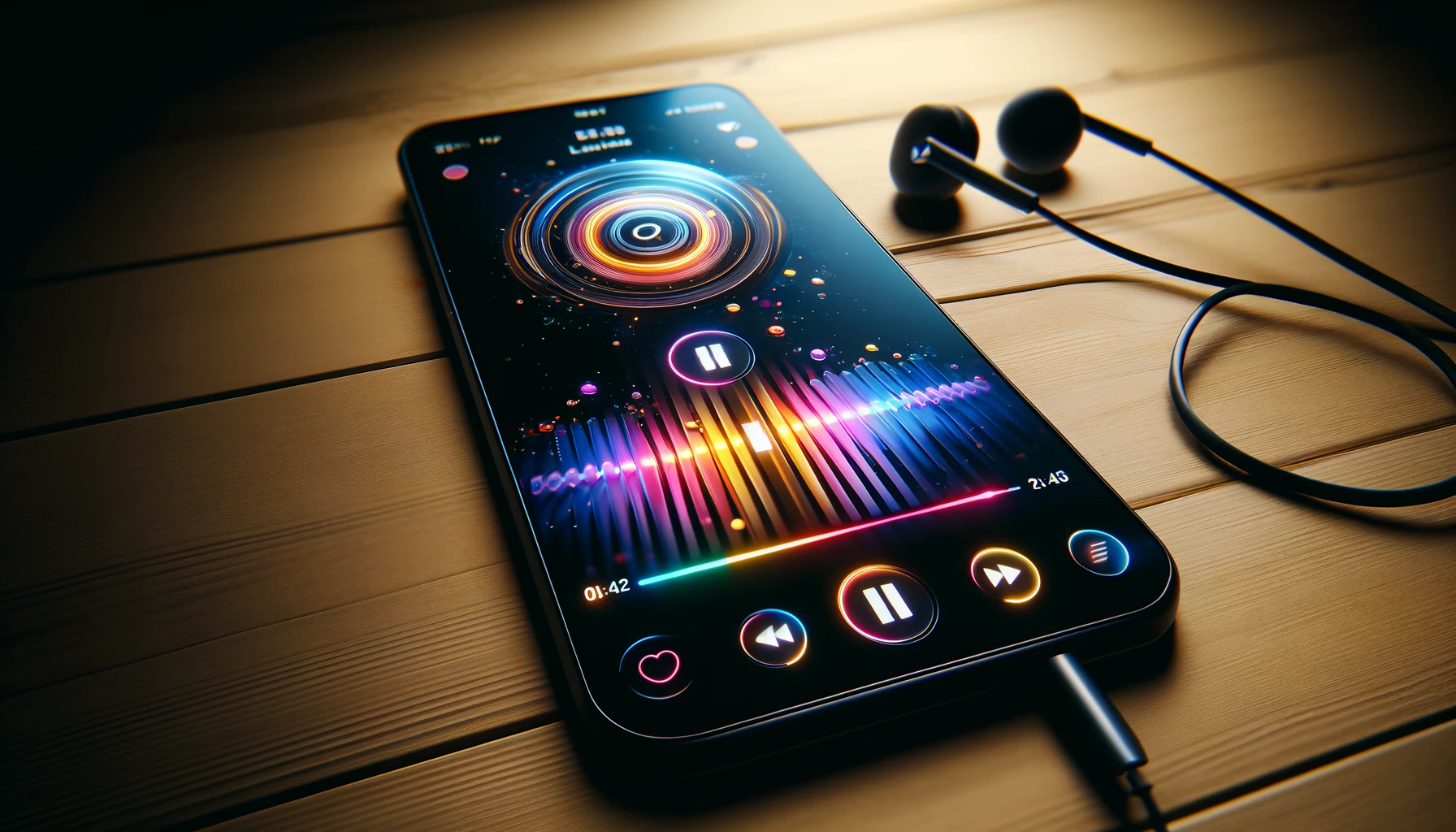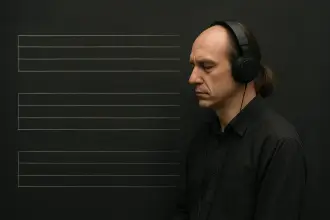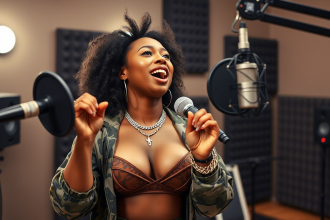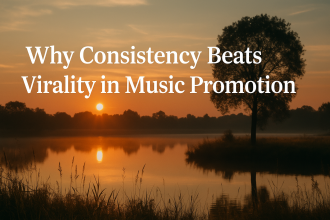From First Listen to Release Radar
In 2025, the problem isn’t making music.
It’s making music seen — and heard, repeatedly.
- From First Listen to Release Radar
- 🧩 Part 1: How to Create a Long-Term Promotion Plan (With Real Structure)
- 🧠 Part 2: Your Music Promotion Funnel — From First Listen to Superfan
- 💣 Part 3: Why Most Indie Artists Fail at Promotion (And How to Fix It)
- 🎶 Part 4: How to Promote a Single vs an EP vs an Album
- 🚀 Part 5: Release Radar Optimization — Triggering Spotify’s Algorithm
- 🧠 Final Word: Strategy Beats Luck
Every artist wants to “go viral,” but the ones who grow steadily understand something most don’t: music promotion isn’t a moment. It’s a system. A strategy. A journey that takes your listener from “who is this?” to “I’d pay to see them live.”
Let’s break it down — not by trends, but by truth.
🧩 Part 1: How to Create a Long-Term Promotion Plan (With Real Structure)
The old approach? Drop a single, post a snippet, hope it sticks.
The new mindset? Think in seasons. Work in systems.
- Build your release calendar at least 90 days in advance
- Split every launch into 4 phases: Pre-Release, Launch, Post-Release, Evergreen
- Organize content assets before the drop: visuals, teasers, reels, lyric videos, behind-the-scenes
- Map what platforms will do what: TikTok = awareness, Instagram = relationship, Spotify = conversion
- Assign clear KPIs: Pre-saves, follows, playlist adds, email signups
Without a timeline, every post feels desperate. With one, every post becomes momentum.
🧠 Part 2: Your Music Promotion Funnel — From First Listen to Superfan
Let’s be blunt: attention isn’t enough. You need retention.
Here’s what the 2025 funnel looks like:
- Discovery
A reel, a TikTok, a YouTube short. It grabs curiosity. Not about you — about the feeling. - Conversion
They click. They follow. They save. This only happens if the link flow is clean (smart link, one click, frictionless). - Engagement
You answer a DM. Drop a story behind the song. Share a demo. You become human — and humans build loyalty. - Community
You send an email. You invite them to a Discord or a private drop. You offer value. Now they’re invested. - Superfan
They repost your content. Wear your merch. Show up at your shows. You’re not noise — you’re part of their identity.
Promotion = storytelling. Funnels = structure for that story to live.
💣 Part 3: Why Most Indie Artists Fail at Promotion (And How to Fix It)
The music is good.
The visuals are cool.
But still… no traction.
Why?
- No clear target (you’re promoting to everyone = no one)
- No consistency (3 posts at launch, then silence for 2 months)
- No strategy per platform (you post the same thing on TikTok and LinkedIn?)
- No call to action (your fans don’t know what you want them to do)
Fix it with 3 rules:
- Know who your listener is — and where they scroll
- Show up weekly, not weakly
- Always give people a reason to care, click, and come back
Music alone is art. Music plus promotion is career.
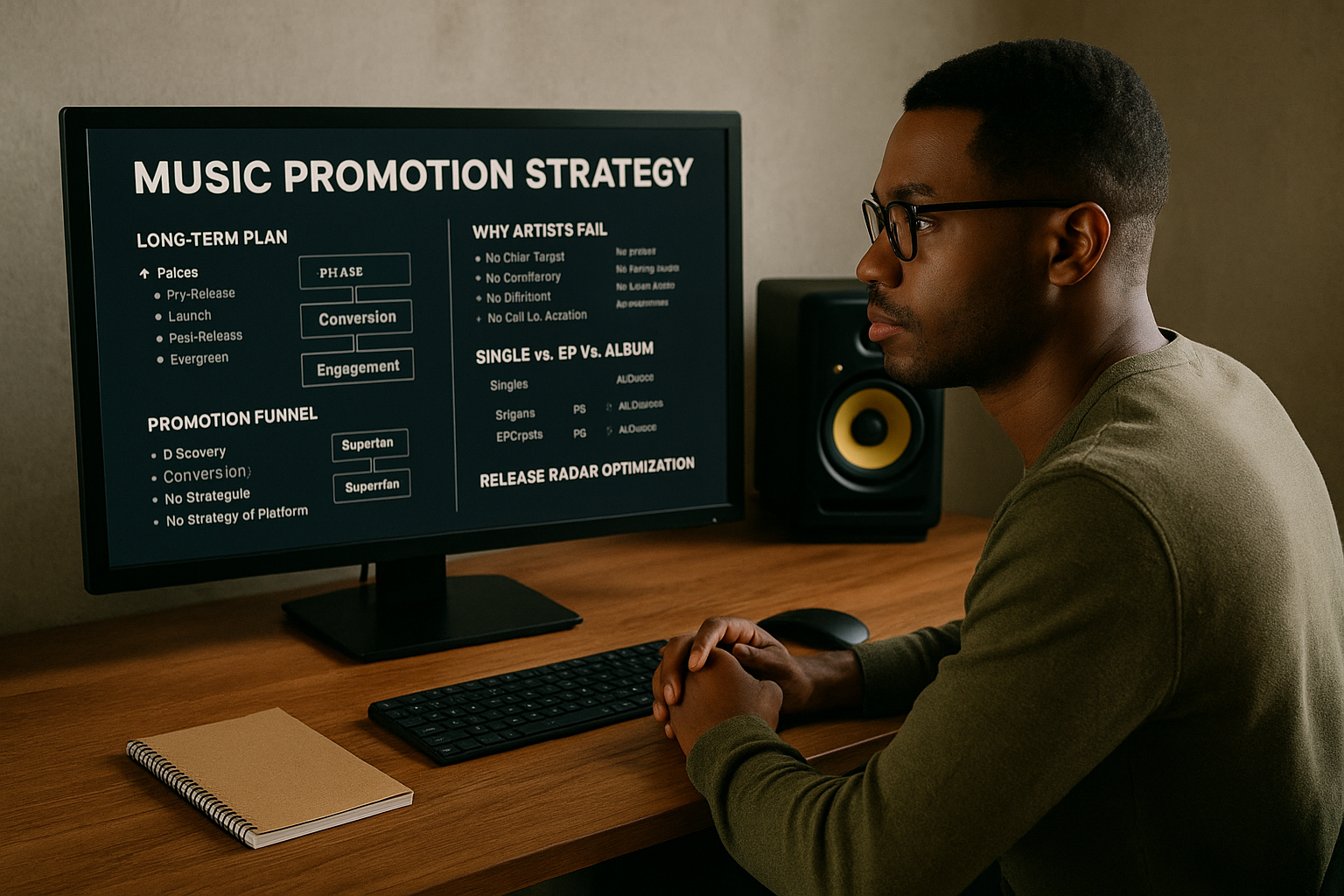
🎶 Part 4: How to Promote a Single vs an EP vs an Album
Each format demands a different approach:
- Single = Attention spike.
Push hard, fast. Optimize for algorithms. Plan 2–3 weeks of promo around one song. Think content, not press. - EP = Narrative arc.
Lead with singles, build anticipation, and give your audience a story. Tease themes, aesthetics, transitions. - Album = Campaign mode.
6–12 months of roll-out. Multiple singles, live content, fan-building, merch, storytelling layers. Treat it like a film premiere, not just a playlist pitch.
The format isn’t just what you release — it’s how you market.
🚀 Part 5: Release Radar Optimization — Triggering Spotify’s Algorithm
Spotify isn’t a curator. It’s an ecosystem — and Release Radar is one of its most powerful tools. If your track doesn’t land there, your chances of growth drop.
How to improve your odds:
- Release consistently (every 4–6 weeks = better visibility)
- Get followers — Release Radar only works if people follow you
- Use Spotify for Artists to submit your track 7+ days ahead
- Maximize early traffic: saves, skips, listen duration all matter
- External traffic (like smart links or ads) should land on your profile, not just the song
If Spotify is your stage, then Release Radar is the spotlight. Use it wisely.
🧠 Final Word: Strategy Beats Luck
Success in 2025 won’t come from chasing viral tricks. It’ll come from having a repeatable, scalable, human strategy.
📌 Plan like a label.
📌 Engage like a creator.
📌 Promote like an artist who believes in the long game.
If your music matters, so should your strategy.
![]()
